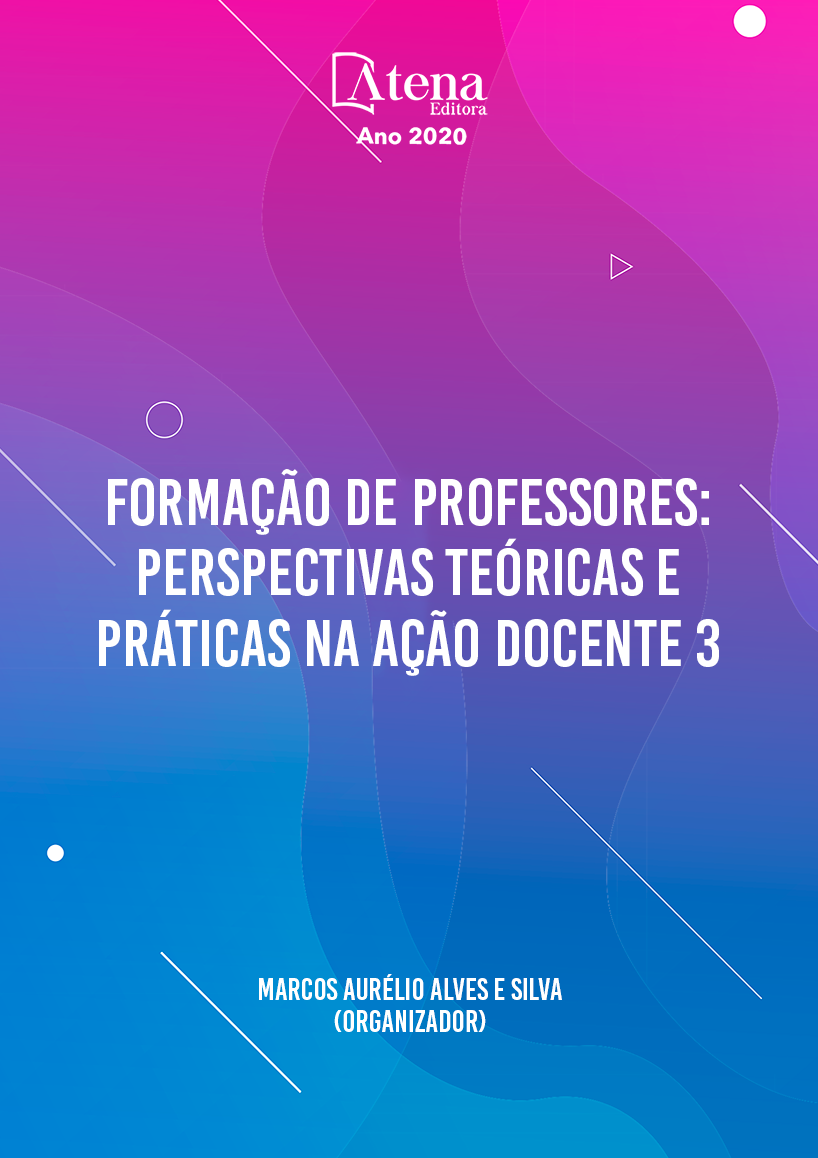
A FORMAÇÃO DE PROFESSORES DE CIÊNCIAS DA NATUREZA E A APRENDIZAGEM PARA AÇÃO SOCIOPOLÍTICA POR MEIO DE ANÁLISE DE QUESTÃO SOCIOCIENTÍFICA
Questões sociocientíficas (QSC) são compreendidas como questões de caráter controverso que envolvem impactos sociais dos empreendimentos científicos e tecnológicos e com as quais as pessoas têm contato, principalmente, por meio da mídia. São utilizadas nos processos educacionais auxiliando na aprendizagem da ciência e no desenvolvimento de competências para uma cidadania ativa e responsável. A promoção da discussão de QSC nos processos formativos não é suficiente, sendo necessário apoiar os sujeitos a passarem à ação sociopolítica. Espera-se com isso formar professores intelectuais, críticos e transformadores, que tomem decisões e ajam com responsabilidade social, despertados para o comprometimento com a sociedade com o intuito de melhorá-la. Questiona-se então: professores de Ciências da Natureza em formação inicial que participam de um processo formativo envolvendo a análise de uma QSC sinalizam possiblidades de ação sociopolítica no que se refere à interferência em problemas sociais e ambientais resultantes dos empreendimentos científicos e tecnológicos? Dessa forma, nesse trabalho tem-se como objetivo apresentar e discutir a percepção de professores de Ciências da Natureza em formação inicial sobre as possibilidades de interferência em uma questão social após a participação em uma ação formativa envolvendo a discussão de uma QSC. Para isso analisou-se respostas dadas pelos participantes a uma questão de uma entrevista semiestruturada realizada após o envolvimento em uma ação formativa de análise de uma QSC. Apesar de alguns participantes vislumbrarem possibilidades de intervenção, principalmente por meio de suas atividades docentes, é preciso avançar. É essencial o estabelecimento de atividades que permita ao futuro profissional envolver-se com questões do seu contexto, com problemas locais e/ou regionais, reconhecendo as possibilidades de compreensão e intervenção. Além disso, é importante a elaboração de projeto educacionais que oportunizem a aprendizagem de conhecimentos e desenvolvimento de habilidade para a ação sociopolítica. O trabalho com QSC se mostra promissor nesse sentido.
A FORMAÇÃO DE PROFESSORES DE CIÊNCIAS DA NATUREZA E A APRENDIZAGEM PARA AÇÃO SOCIOPOLÍTICA POR MEIO DE ANÁLISE DE QUESTÃO SOCIOCIENTÍFICA
-
DOI: 10.22533/at.ed.1592027073
-
Palavras-chave: Formação docente. Questões sociocientíficas. Ação sociopolítica
-
Keywords: Teacher Training. Socio-Scientific Issues. Socio-political Action
-
Abstract:
Socio-scientific issues (SSI) are understood as issues of a controversial character that involve social impacts of scientific and technological enterprises and with which people have contact, mainly through the media. They are used in educational processes helping to learn science and develop skills for active and responsible citizenship. The promotion of the discussion of SSI in the formative processes is not enough, it is necessary to support the subjects to move to socio-political action. It is expected to train intellectual teachers, critics and transformers, who make decisions and act with social responsibility, awakened to the commitment to society in order to improve it. The question then arises: are natural science teachers in initial training who participate in a training process involving the analysis of a SSI signal possibilities for socio-political action with regard to interference in social and environmental problems resulting from scientific and technological undertakings? Thus, this work aims to present and discuss the perception of teachers of Natural Sciences in initial training about the possibilities of interference in a social issue after participating in a training action involving the discussion of a SSI. For this, responses given by the participants to a question of a semi-structured interview conducted after being involved in a formative action to analyze a SSI were analyzed. Although some participants envision possibilities for intervention, mainly through their teaching activities, it is necessary to move forward. It is essential to establish activities that allow the future professional to be involved with issues in his context, with local and / or regional problems, recognizing the possibilities of understanding and intervention. In addition, it is important to develop educational projects that make it possible to learn knowledge and develop skills for socio-political action. The work with SSI is promising in this regard.
-
Número de páginas: 16
- Katia Dias Ferreira Ribeiro


